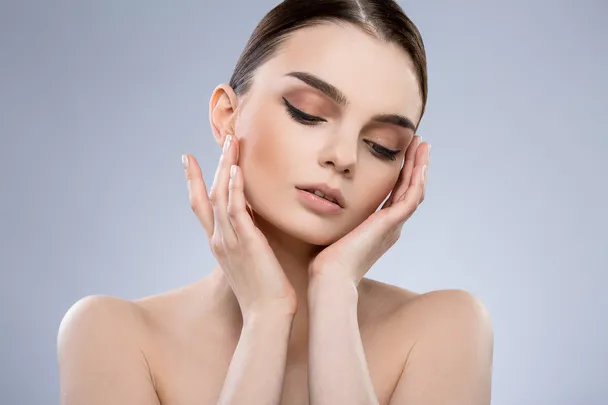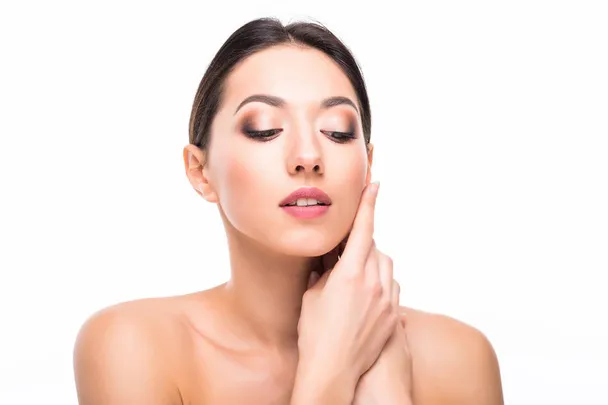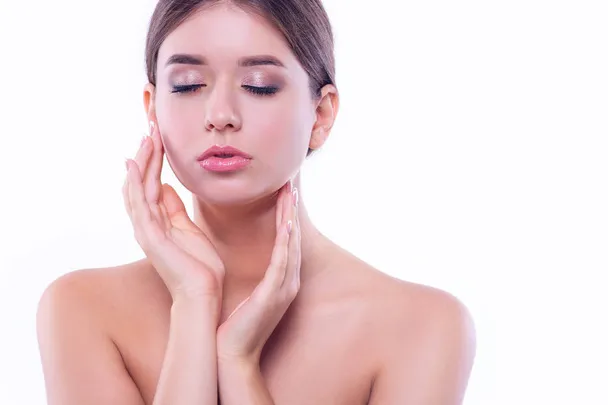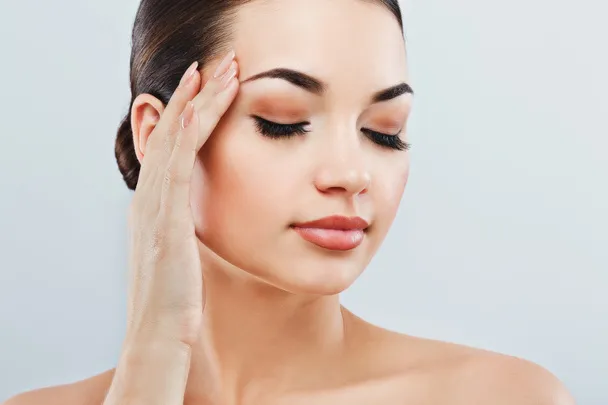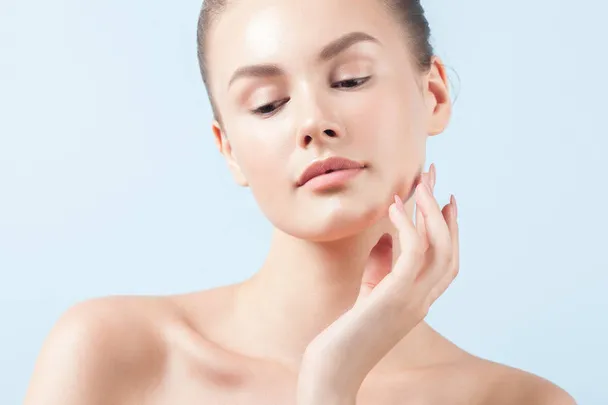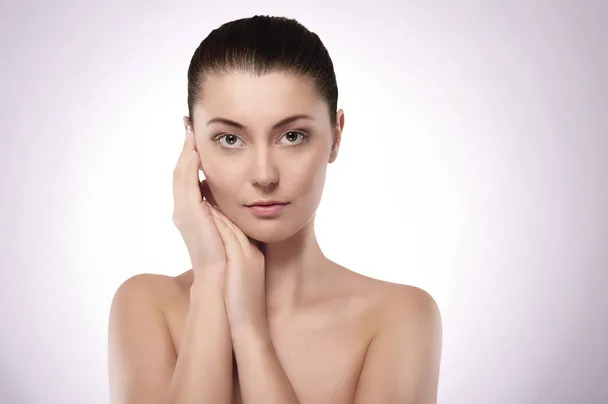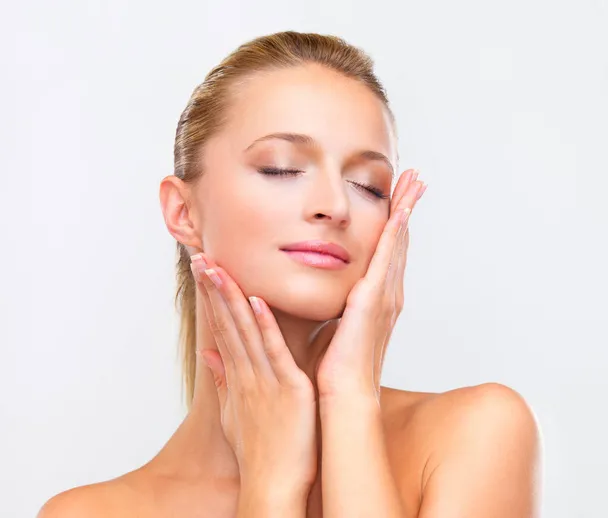Should You Avoid Wearing Perfume In The Sun? A Perfumer Explains The Risks
Perfume is a beloved accessory that adds a touch of elegance and personality to our daily routine. However, as much as we enjoy wearing our favorite scents, there has been some debate about whether it’s safe to wear perfume in the sun. In this article, we’ll delve into the potential risks associated with wearing perfume in sunlight and explore expert insights from perfumers on how to navigate this issue.
The Science Behind Sun and Perfume Interaction:
Exposure to sunlight, particularly to ultraviolet (UV) radiation, can trigger chemical reactions in certain fragrance ingredients, a process known as photodegradation. Perfumes contain a complex blend of natural and synthetic aromatic compounds, alcohol, and other solvents. When applied to the skin, these volatile compounds evaporate, releasing scent molecules into the air.
During photodegradation, UV radiation interacts with specific fragrance ingredients, altering their molecular structure. This can lead to significant changes in both the scent and color of the perfume. For instance, certain floral notes may become more subdued, while others may develop a harsh or unpleasant aroma. Additionally, UV exposure can cause fragrances to fade more quickly on the skin, reducing their longevity.
Furthermore, some fragrance ingredients may become photosensitive when exposed to sunlight. These ingredients can react with UV radiation, increasing the risk of skin irritation, redness, and allergic reactions in susceptible individuals. Common photosensitive ingredients include citrus oils, bergamot, and certain floral extracts.
Overall, understanding the science behind sun and perfume interaction is crucial for minimizing the potential risks associated with wearing fragrance in sunlight. By choosing perfumes with photostable ingredients and practicing sun-safe habits, individuals can enjoy their favorite scents without compromising their skin health or fragrance experience.
The Risks of Wearing Perfume in the Sun:
Photodegradation: Exposure to sunlight poses a significant risk to the quality and longevity of fragrances due to photodegradation, a process wherein fragrance molecules undergo chemical changes when exposed to UV radiation. This exposure can lead to a deterioration in scent quality and potency over time, compromising the olfactory experience for the wearer.
UV radiation from sunlight triggers chemical reactions in fragrance molecules, causing certain notes to become muted or distorted. This alteration can result in a less vibrant and nuanced scent profile, detracting from the overall appeal of the fragrance. Delicate fragrance compositions, in particular, are susceptible to the adverse effects of overexposure to sunlight, as the delicate balance of their ingredients can be disrupted, leading to a diminished olfactory experience.
The consequences of photodegradation extend beyond the immediate impact on fragrance quality. Over time, prolonged exposure to sunlight can lead to irreversible changes in the molecular structure of fragrance molecules, further diminishing their potency and altering their scent profile. As a result, fragrances may lose their original complexity and depth, ultimately reducing their appeal to the wearer.
To mitigate the risk of photodegradation, it is advisable to store fragrances in a cool, dark place away from direct sunlight. Additionally, opting for perfumes with photostable ingredients or wearing protective clothing to shield the skin from UV radiation can help preserve the integrity of fragrances. By taking proactive measures to minimize exposure to sunlight, individuals can prolong the longevity and enjoy the full olfactory experience of their favorite fragrances.
Skin Sensitivity:
Skin sensitivity to sunlight is a critical consideration when it comes to wearing perfume outdoors. Certain fragrance ingredients, notably citrus oils and musks, possess the potential to become photosensitive upon exposure to sunlight. This phenomenon can significantly heighten the skin’s reactivity to UV radiation, thereby increasing the risk of adverse skin reactions in susceptible individuals.
For those with sensitive skin or a history of allergic reactions, the consequences of wearing fragrances with photosensitive ingredients in the sun can be particularly concerning. Exposure to sunlight shortly after applying such perfumes may lead to various skin issues, including irritation, redness, and even allergic dermatitis. These reactions can range from mild discomfort to more severe inflammatory responses, depending on individual skin sensitivity and the concentration of photosensitive ingredients in the fragrance.
In light of these risks, individuals with sensitive skin or a predisposition to allergic reactions should exercise caution when wearing perfume in the sun. Opting for sun-safe formulations that are specifically formulated to minimize photosensitivity can be a prudent choice. These formulations often feature alternative ingredients that are less likely to react with sunlight, reducing the risk of adverse skin reactions while still offering a delightful olfactory experience.
Moreover, individuals with sensitive skin may benefit from conducting patch tests before applying fragrances to larger areas of their body, especially if trying out new products or formulations. This precautionary measure can help identify potential allergens or irritants and prevent adverse reactions.
In essence, awareness of skin sensitivity to sunlight and the potential risks posed by photosensitive fragrance ingredients is paramount for individuals seeking to enjoy perfume in outdoor settings. By opting for sun-safe formulations and practicing proactive skin care measures, such as wearing sunscreen and protective clothing, individuals can minimize the risk of adverse skin reactions while still indulging in their favorite scents under the sun.
Staining:
Staining caused by fragrances reacting with sunlight is a common concern, particularly for individuals wearing delicate or light-colored clothing. Certain fragrance ingredients, such as specific citrus oils and synthetic musks, are notorious for their staining potential when exposed to sunlight. These ingredients can undergo chemical reactions upon contact with UV radiation, resulting in unsightly stains on fabric or clothing.
The repercussions of such staining can be significant, as it may compromise the appearance and longevity of garments, especially those made of delicate fabrics. Removing these stains can be challenging and may require specialized cleaning methods, potentially leading to additional expenses and efforts.
To minimize the risk of staining, it’s advisable to take preventive measures when applying perfume. Allowing the fragrance to fully absorb into the skin before dressing can help mitigate direct contact between the fragrance and clothing, reducing the likelihood of staining. Additionally, refraining from spraying perfume directly onto clothing or fabric can prevent potential chemical interactions between fragrance ingredients and UV radiation.
Furthermore, individuals can opt for fragrance formulations that are less likely to cause staining, such as those formulated without photosensitive ingredients known for their staining potential. By selecting perfumes with careful consideration of their ingredients and application techniques, individuals can enjoy their favorite scents without the fear of compromising their clothing’s appearance or integrity. Ultimately, proactive measures and informed choices can help mitigate the risk of staining and preserve the aesthetic appeal of garments when wearing perfume in the sun.
Overall, understanding the risks associated with wearing perfume in the sun is essential for maintaining both fragrance quality and skin health. By choosing sun-safe formulations, being mindful of photosensitive ingredients, and avoiding direct sunlight exposure immediately after application, individuals can enjoy their favorite scents without compromising their olfactory experience or skin well-being.
Expert Insights from Perfumers:
Perfumers offer valuable insights into the safe use of fragrance in sunlight, emphasizing the importance of mindfulness and precaution. They recommend avoiding fragrances containing photosensitive ingredients, such as citrus oils, bergamot, and certain floral extracts, especially when planning to spend extended periods outdoors in direct sunlight. Instead, they suggest opting for perfumes specifically formulated for sun exposure or selecting lighter, fresher scents that are less likely to react with UV radiation.
Furthermore, perfumers advise applying perfume to pulse points on the body, as these areas are less likely to be exposed to direct sunlight. By focusing application on pulse points, such as the wrists, neck, and behind the ears, individuals can minimize the risk of fragrance ingredients reacting with UV radiation on sun-exposed skin.
In addition to strategic application, perfumers recommend considering protective measures such as wearing hats, scarves, or clothing with built-in UV protection to shield the skin from direct sunlight. These accessories not only offer physical protection but also help minimize the risk of fragrance photodegradation, preserving the scent’s integrity and longevity.
By heeding the advice of perfumers and taking proactive measures to protect both skin health and fragrance quality, individuals can safely enjoy their favorite scents in the sun without compromising their olfactory experience or well-being.
Conclusion:
while wearing perfume in the sun can indeed enhance one’s overall scent experience, it’s imperative to remain cognizant of the potential risks associated with sun exposure. Understanding the intricate interaction between sunlight and fragrance ingredients, coupled with adhering to expert recommendations, serves as a prudent approach to mitigate the likelihood of adverse reactions.
By heeding caution and selecting fragrances formulated with sun-safe ingredients or opting for lighter, fresher scents, individuals can indulge in their favorite scents without compromising their skin health or olfactory experience. Moreover, strategic application to pulse points and the consideration of protective measures, such as wearing hats or scarves, further contribute to ensuring a safe and enjoyable fragrance experience in the sun.
Ultimately, by balancing the desire for fragrance enjoyment with prudent sun safety practices, individuals can continue to revel in the pleasures of perfume while safeguarding both their skin health and the integrity of their cherished scents.

